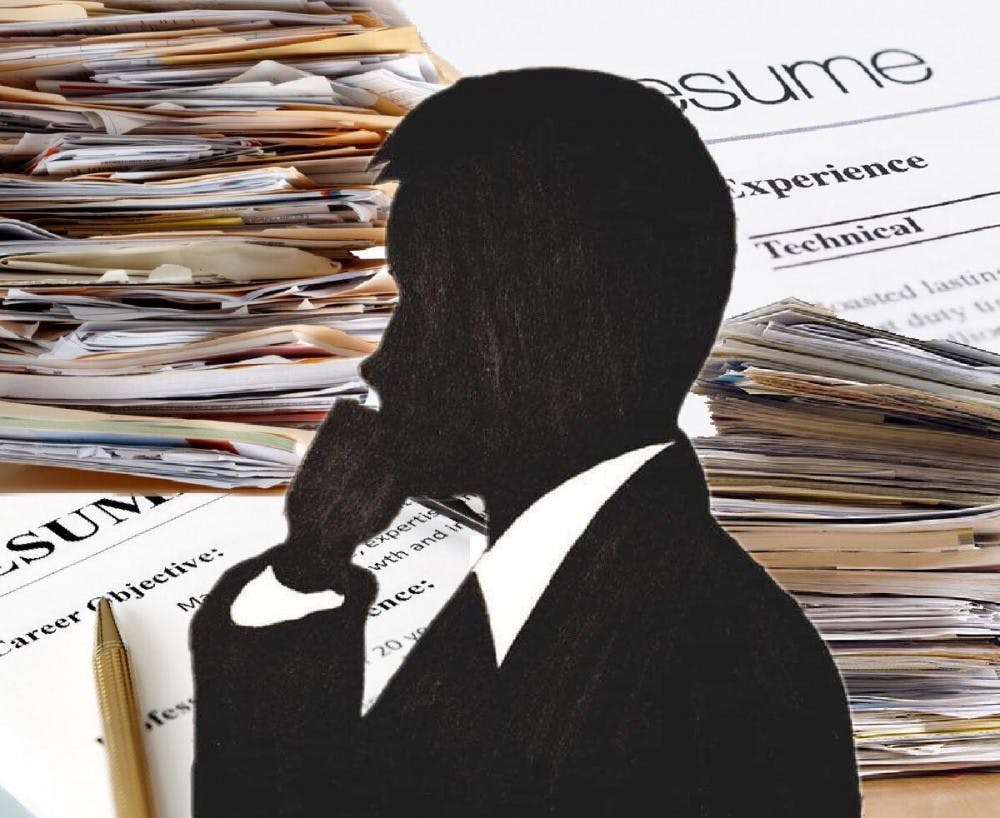
By Gianna Ferrarin 【The Daily Penn】
Like most universities, Penn does not have a standard system for fact-checking applications. Admissions officers perform initial reviews in as little as four minutes, and a call to a high school guidance counselor or an email to an applicant is as thorough as checks get.
The New York Times reported in December that a student was admitted to Wharton after writing a compelling essay about the death of his mother. But after admissions officers called his home and his mother picked up the phone, Pennrescinded his acceptance.
Given the massive volume of applications the University receives — 44,957 applicants for the Class of 2023 — current and former admissions officers agree that fact-checking applications is not feasible and instances of outright fabrication seem to be rare.
“I don’t think rigorous fact-checking is necessary, but I also don’t think it’s feasible,” Elizabeth Heaton, a former regional director of admissions for Penn, said. “A whole industry would have to spring up around that.”
Penn Dean of Admissions Eric Furda said rigorous fact-checking would involve extensive documentation and place an unwanted burden on both applicants and admissions officers. During his tenure, Furda said there has only been one enrolled Penn student whose acceptance was rescinded for false application materials.
“At what level do you put up such barriers for either students or the people that are on the other side of this that basically paralyzes yourself for what may be a handful of cases,” Furda added.
Kathryn Bezella, Vice Dean and director of marketing and communications for Penn Admissions, confirmed that following up with a guidance counselor or applicant is rare.
“Within my region I might do it, I don’t know, 20 to 30 times across a single cycle,” Bezella said, adding that she reviews applications from Washington, D.C. and South and Central Asia.

Bezella said these follow-ups are not necessarily intended for fact-checking purposes, and can also involve clarifying questions or requests for more application materials.
Despite the lack of a formal fact-checking system, former admissions officers say they have still caught applicants lying.
Heaton recalled an instance when a regular decision applicant plagiarized their essay based on an essay written by another student who had already been admitted early decision. The former Penn regional admissions director said when she noticed the stark similarities between the two essays, she decided to make a call to the student’s high school.
“I had the time and I guess the interest and I went back and looked and discovered that yes, in fact, that's what had happened,” Heaton said. “We denied the student who had plagiarized and the other kid was able to keep his acceptance.”
Without a formal system in place, the validity of a student’s application is almost entirely determined by an admissions officer's intuition. Bezella said because of the high number of applications she reads and familiarity with her region, she can typically identify false transcripts and essays written by college consultants.
“After you’ve read several thousand essays by 17-year-olds, you do have some sense of ‘this is not how a 17-year-old writes',” Bezella said.
Even if an applicant is caught lying, Penn cannot legally notify other universities. Antitrust laws prohibit colleges from sharing information about applicants with each other, and colleges are also barred from asking candidates where else they applied.
Daniel Evans, a former Penn admissions officer, also said he once found out an applicant falsely claimed he had Native American heritage after he reached out to his high school.
“It’s hard for me to say the college needs to spend more time [on fact-checking],” Evans said. “A lot of colleges are seeing really robust increases in applications, and their staffs are not necessarily growing proportionally.”
While outright lying is rare, applicants exaggerating on their applications is more common, Director of One-Stop College Counseling and 1986 Wharton graduate Laurie Kopp Weingarten said. As a personal consultant for students applying to college, Weingarten said she often corrects students who state unrealistic total number of hours spent each week on extracurricular activities. She added that she questions students who have "50 hours a week of activities" on their application.
“Though this year, I did have a parent say ‘so how much can we fabricate,'” Weingarten said.
Exaggerations are more difficult to fact-check, however, and admissions officers agreed that formally investigating them would not be an effective use of time.
“With an eight percent admit rate if we’re not quite sure about something, guess what, we don’t have to take the risk,” Furda said.
|